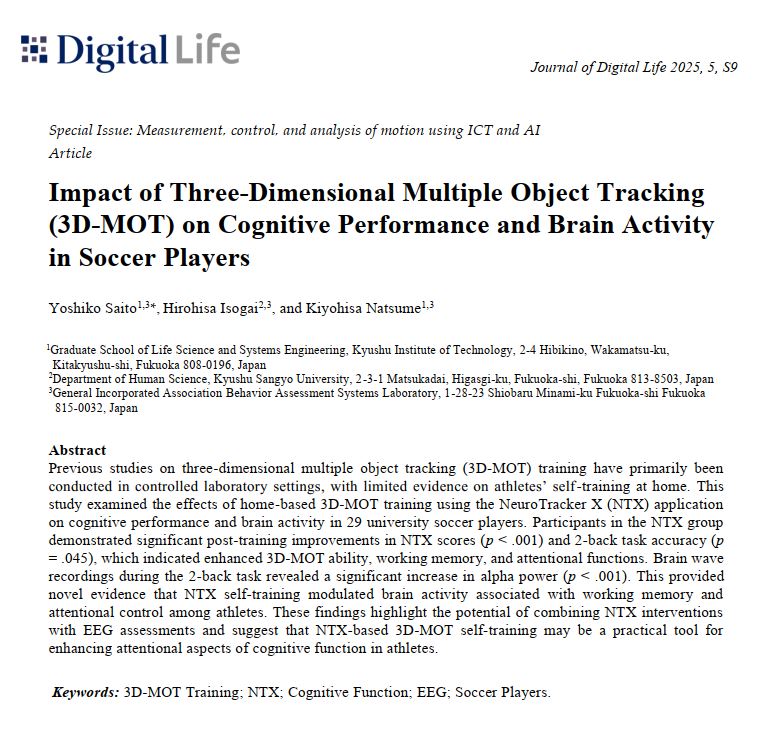Welcome to the Research and Strategy Services at in today's fast-paced.


In today’s digital world, children are growing up with constant notifications, endless scrolling, and instant entertainment—and it’s taking a toll on their ability to focus. If you’ve noticed your child struggling to pay attention to homework, jumping between tasks, or finding it hard to sit still without checking a screen, you’re not imagining things. Research shows that modern technology is rewiring attention spans, making deep concentration more difficult than ever.
But here’s the good news: attention is trainable. While some digital habits can weaken focus, others can actually enhance it. Cognitive training for kids is one powerful way to rebuild these skills—by strengthening attention, working memory, and self-control through structured, engaging exercises. The key is understanding how technology impacts attention and how to help your child rebuild their focus in an age of distraction.

It’s well known that excessive screen time can impact a child’s ability to focus, but research suggests that just having a smartphone nearby—even when it’s not in use—can reduce cognitive function.
A 2017 study from the University of Texas at Austin found that when a smartphone is in the same room, cognitive capacity drops significantly—even if the phone is face down and silenced. The researchers tested participants on memory and attention tasks and found that those who left their phones in another room performed significantly better than those who had their phones within reach.
🔹 Why does this happen?
Even when we’re not using our phones, our brains allocate mental effort to resisting the urge to check them. This "background cognitive load" drains attention and working memory, making it harder to focus on complex tasks like reading, problem-solving, or studying.
For children, who already have developing executive functions, this means that even silent, unused devices can subtly chip away at their ability to stay focused.

It’s easy to assume that all screen time weakens attention, but that’s not entirely true. The real issue is how technology is used:
❌ Social Media & Infinite Scrolling – Platforms like TikTok, Instagram, and YouTube use dopamine-driven feedback loops that condition the brain to crave short bursts of stimulation, reducing patience for deep focus.
❌ Constant Multitasking – Jumping between tabs, notifications, and apps weakens sustained attention and increases mental fatigue.
❌ Fast-Paced, Passive Consumption – Watching rapid-cut videos or gaming for hours without a break overstimulates the brain, leading to decreased attention regulation.
✔ Neurofeedback & Cognitive Training Apps – Tools like NeuroTracker, BrainHQ, and Muse EEG help train sustained focus and mental processing speed.
✔ Mindfulness & Meditation Apps – Apps like Headspace and Calm guide students in improving concentration through structured breathing and meditation exercises.
✔ Intentional, Interactive Learning Tools – Educational games and coding platforms encourage problem-solving and deep thinking instead of passive consumption.
The key is not eliminating technology, but helping children use it in ways that build focus instead of depleting it.
Here are science-backed strategies to strengthen your child’s attention span and help them develop healthier digital habits:

🔹 What to do: Encourage your child to leave their phone in another room while studying. If they need it for research, enable "Focus Mode" to block notifications.
🔹 Why it works: Removing passive distractions frees up cognitive capacity, improving focus and working memory.
🔹 What to do: Set designated times for studying, where only one task is the focus (e.g., 30 minutes of reading, then a short break).
🔹 Why it works: Multitasking overloads the brain and leads to shallow learning, while single-tasking strengthens deep focus and retention.

🔹 What to do: Introduce cognitive training tools that actively develop attention control. Try short mindfulness exercises before study sessions.
🔹 Why it works: Structured mental training rewires the brain for better sustained focus, rather than reinforcing distraction-seeking behaviors.
🔹 What to do: Encourage 45-minute "deep work" sessions with no screens, using paper-based studying or active problem-solving exercises.
🔹 Why it works: This builds attention stamina, making it easier for children to focus on schoolwork without feeling restless.
🔹 What to do: Limit instant digital entertainment (e.g., no phone during short waits or car rides). Encourage activities like reading, drawing, or quiet reflection instead.
🔹 Why it works: The ability to sit with boredom helps develop sustained attention and creative problem-solving skills.

Technology isn’t going away, and banning screens isn’t the solution. Instead, we need to help our children use technology in ways that strengthen, rather than weaken, their ability to focus.
By removing passive distractions, promoting deep focus, and using brain-training tools like NeuroTracker, we can help kids develop longer attention spans, better memory, and sharper learning abilities—setting them up for success in school and beyond.








Welcome to the Research and Strategy Services at in today's fast-paced.

Learn how NeuroTracker supports attention, learning readiness, and everyday functioning for people with ADHD.

Discover practical ways to help your child stay organized, motivated, and successful in school.

Learn why balancing screen time and study time isn’t about perfection—it’s about progress.
.png)